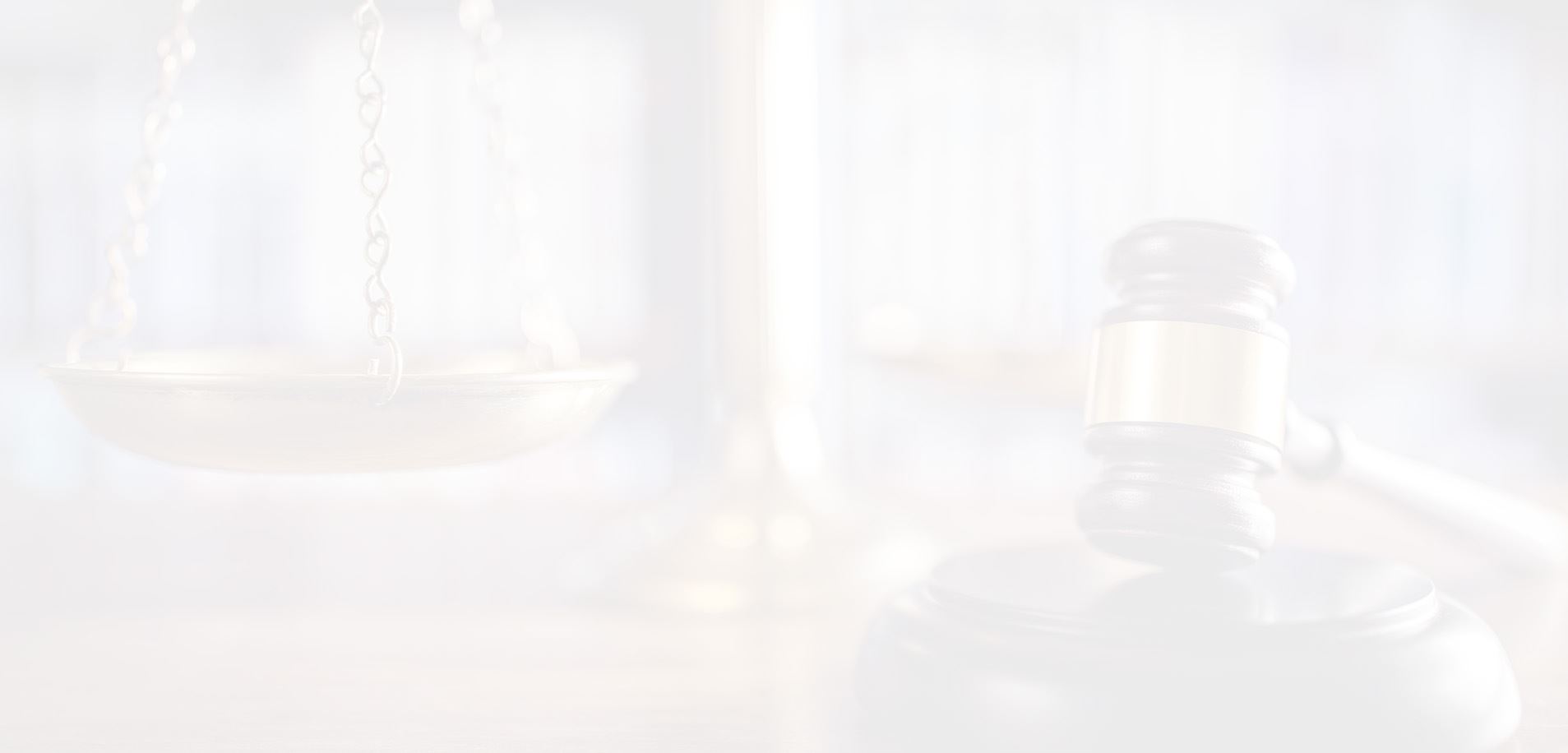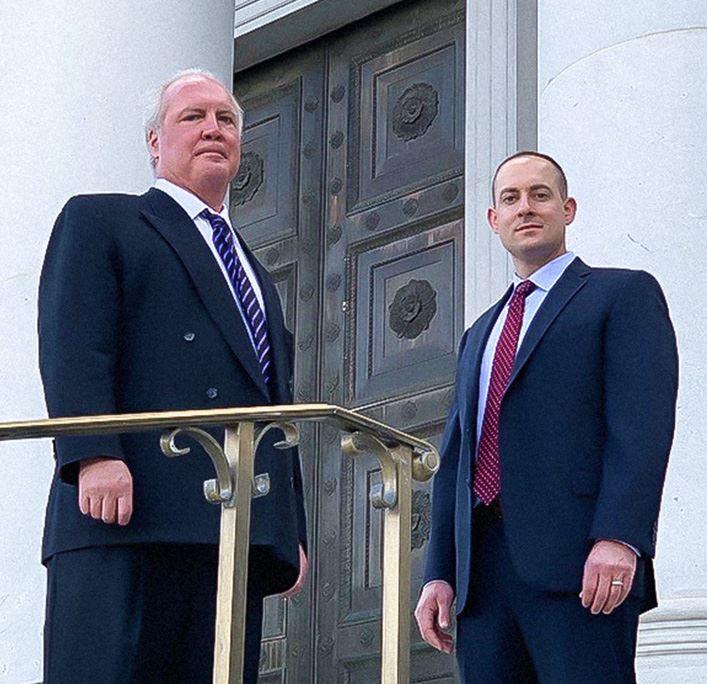
DENVER SHOPLIFTING ATTORNEYS
Colorado Shoplifting Laws
According to Colorado’s revised statutes section 18-4-406, it is a crime to willfully concealing goods, wares, or other merchandise that was not paid for within a mercantile establishment. Doing so is considered prima facie or intent to commit theft in Denver and Colorado.
Colorado’s revised statutes section 18-4-401 states it is a crime to steal another person’s property, receive stolen goods, or receiving money which is stolen.
How To Prove Shoplifting
To successfully convict someone of shoplifting in Denver, the state must prove beyond a reasonable doubt that these elements are satisfied:
- The defendant,
- In the State of Colorado, on the date and place charged,
- Knowingly,
- Took control of another person’s valuables,
- Without authorization (or through the use of threats or deceit), and
- Received or disposed of such valuables, and
- Used, concealed, or abandoned them,
- With the intent of permanently depriving the other person of its use or benefit.
Furthermore, section 18-4-407 grants immunity to store owners and their employees from liability for questioning someone they reasonably suspect has shoplifted from their store:
- “If any person triggers an alarm or a theft detection device…or conceals upon his person or otherwise carries away any unpurchased goods…or merchandise held or owned by any store or mercantile establishment, the merchant or any employee thereof…acting in good faith and upon probable cause based upon reasonable grounds therefore, may detain and question such person, in a reasonable manner for the purpose of ascertaining whether the person is guilty of theft. Such questioning…does not render the merchant, [or] merchant’s employee…civilly or criminally liable for slander, false arrest, false imprisonment, malicious prosecution, or unlawful detention.”
Defending Against Shoplifting Charges
Facing shoplifting charges can have serious consequences, including fines, probation, and even jail time. Our experienced Denver shoplifting attorneys at Fife Luneau, P.C. are here to help you navigate the legal process and build a strong defense for your case.
When you choose us to represent you, you can expect:
- Thorough review of the evidence against you
- Strategic legal guidance tailored to your specific situation
- Aggressive defense in negotiations and court proceedings
- Compassionate support and communication throughout your case
Don't face shoplifting charges alone.
Contact Our Denver Shoplifting Attorney Today
At Fife Luneau, P.C., we have dedicated the majority of our practice to defending people in criminal proceedings to ensure that they receive a just and fair trial that is free of government misconduct in violation of their due process rights.
Our clients can benefit from our personalized and results-driven approach to criminal defense advocacy, and so can you. We are dedicated to giving your case the necessary attention and focus, ensuring that your interests are properly served.
Call Fife Luneau, P.C. at (720) 408-7130 or contact us online to arrange a free consultation with our Denver shoplifting attorneys today.

-
 Acquitted of All Charges DUI Acquittal
Acquitted of All Charges DUI Acquittal -
Dismissed DUI, DWAI, Careless Driving
-
Dismissed DUI, DWAI
-
Dismissed Driver’s License Interlock Violation Hearing
-
 Dismissed Attempted Murder, Assault, Menacing with a Deadly Weapon, Distribution of Marijuana
Dismissed Attempted Murder, Assault, Menacing with a Deadly Weapon, Distribution of Marijuana
BECAUSE RESULTS MATTER
Recent Case Victories
Fife Luneau, P.C. is one of the most respected law firms when it comes to DUI and criminal defense cases. We have a remarkable track record up and down the Front Range, successfully handling some of the most complex cases.
- DUI Acquittal
- DUI, DWAI, Careless Driving
- DUI, DWAI
- Driver’s License Interlock Violation Hearing
- Attempted Murder, Assault, Menacing with a Deadly Weapon, Distribution of Marijuana


Have Questions?
-
How should I choose a Denver criminal defense attorney?First and foremost, your lawyer should be confident and knowledgeable in their practice. You should always feel comfortable with discussing the details of your situation and your freedom and your rights should be your counsel’s top priority. At Fife Luneau, P.C., our team has a true passion for what we do, and our experience and zealous advocacy is a testament to this. We have a proven track record for results and will always fight for your best interest.
-
How much are your legal fees?Fife Luneau, P.C. handles cases on an upfront flat-fee schedule that is determined based on how severe your charges, how complex the case, and whether you need to go to trial. We will discuss all issues with you beforehand, and once you agree to our fees, we’ll hold your money in a trust on your behalf. This way we can focus on your matter and not on money. Our firm also accepts all major credit cards.
-
After an arrest, what are my rights?Every U.S. citizen is granted certain rights by the Constitution. These include the face that you are innocent until proven guilty, and that burden is put on the prosecution. After you have been charged, you have the right to a public trial, skilled counsel of your choosing or a court-appointed lawyer, if needed, the right to remain silent to protect yourself from incrimination, the right to cross-examine the accused, the right to testify, or not, and the right to an appeal.

